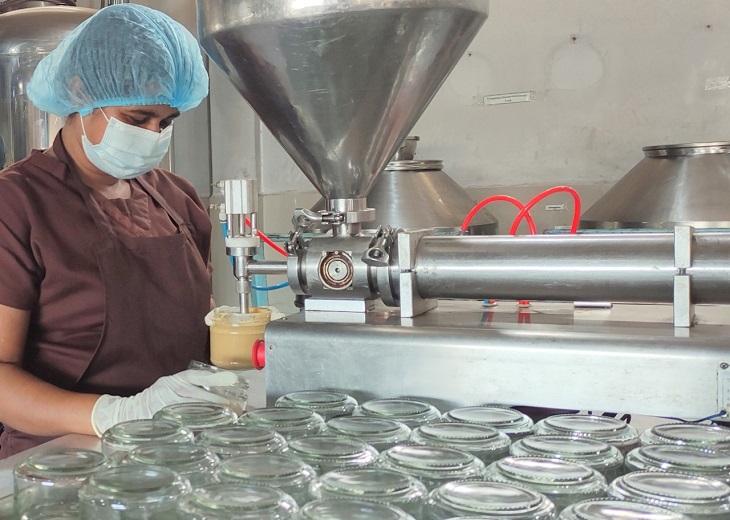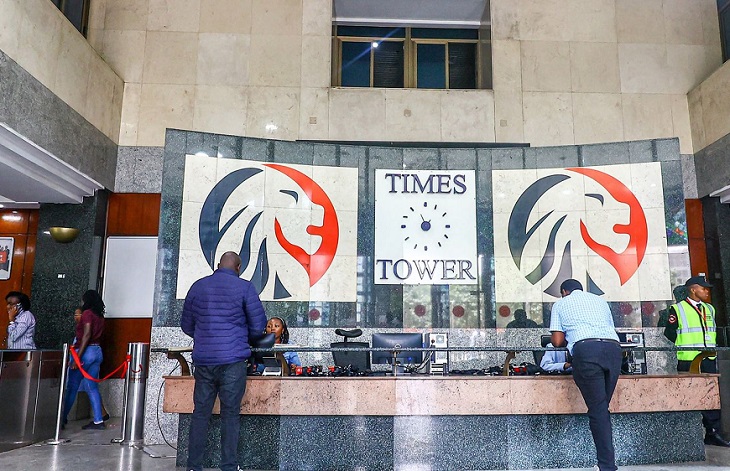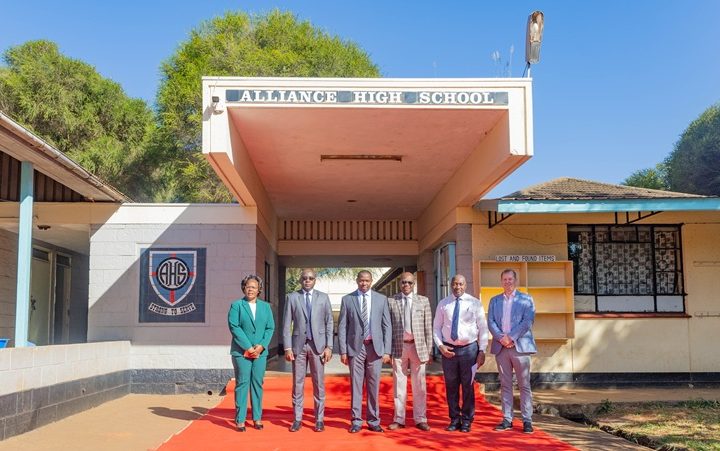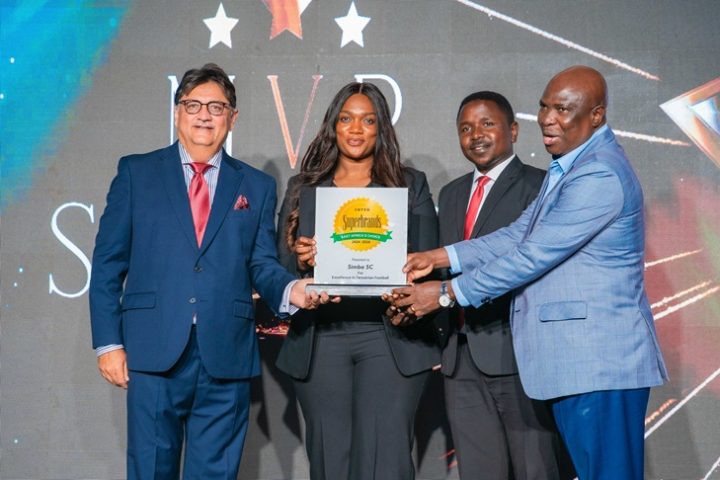The US$100,00 global competition, held in conjunction with the UN Food Systems Summit, showcases innovative solutions in improving access to healthy, sustainable food.
Tuesday, July 27, ROME – Thirteen small- and medium-sized businesses from Africa and the Middle East have been announced as winners of the “Good Food for All” competition, held in conjunction with the UN Food Systems Summit.
Selected from nearly 2,000 applications from 135 countries, these winners all showcase inspiring, diverse, and impactful solutions to improving healthy, sustainable food access. They form part of a global set of 50 winners – half of whom are youth-led and nearly half are women-led – who will all share US$100,000 in cash prizes.
“Small businesses are the hidden heroes of our food systems, managing at least half of our food economies and keeping food on our plates throughout the COVID-19 pandemic,” said Dr. Agnes Kalibata, Special Envoy of the UN Secretary-General for the 2021 Food Systems Summit. “We must understand the challenges they face and work together to ensure they remain at the heart of efforts to improve the future of food.”
Each winner was selected for how their business contributes to healthier, more sustainable, and equitable food for the communities they serve; the strength of their vision for the future; and how well they communicate their business’s current and future impacts.
“Through our work, we seek to create a sustainable food system that supports health and environmental protection,” states Blayne Tesfaye, co-founder, and CEO of TruLuv, a women-led, women-managed, majority woman-employee granola company in Ethiopia that was amongst the winners.
Food SMEs operate in the toughest markets, having a real impact on rural poverty and hunger, whilst ensuring resilience to shocks like COVID-19 and climate change. Local production by Burkinabé company InnoFaso aims to substitute for imports. In Madagascar, Massova works with smallholders to sustainably grow and process high quality products like coconut oil and black pepper. “We put our skills and experiences at the service of local development to have lasting impacts on the lives of rural communities while preserving our natural environment,” emphasizes owner Marina Ny Aina.
Many enterprises are innovating and scaling solutions for nutrition and sustainability. Flamingoo Foods Company Ltd in Tanzania uses weather and satellite technology to improve food distribution amidst natural disasters and other shocks. In Nigeria, Coldhubs provides solar-powered cold storage used by smallholders, retailers, and wholesalers to extend the shelf-life of perishable food from two to 21 days.
The future of food and global ecosystems requires new ways of doing business. In Saudi Arabia, saltwater-based agriculture products, systems, and services are applied by Red Sea Farms in an innovative approach to supporting the nutritional needs of water-scarce populations. “Combined experience in plant science and agricultural engineering enables us to provide fresh, organic, tasty, and accessible products in places where it was not previously possible,” says founder and CEO, Ryan Lefers.
In Kenya, care for the environment and a need to protect valuable coastal and marine biodiversity is the focus for Kuruwitu Conservation Welfare, which works to protect a 30 ha locally-managed marine area (LMMA) known as Tengefu and share benefits from enhanced fish catches and eco-tourism with local communities.
The competition winners were announced alongside a new report, based on a global survey of these businesses’ ambition and needs. The report outlines three critical pathways for supporting small businesses in realizing their full promise: creating more conducive business environments, offering more positive incentives, and empowering small business leaders to have greater influence in sector planning.










